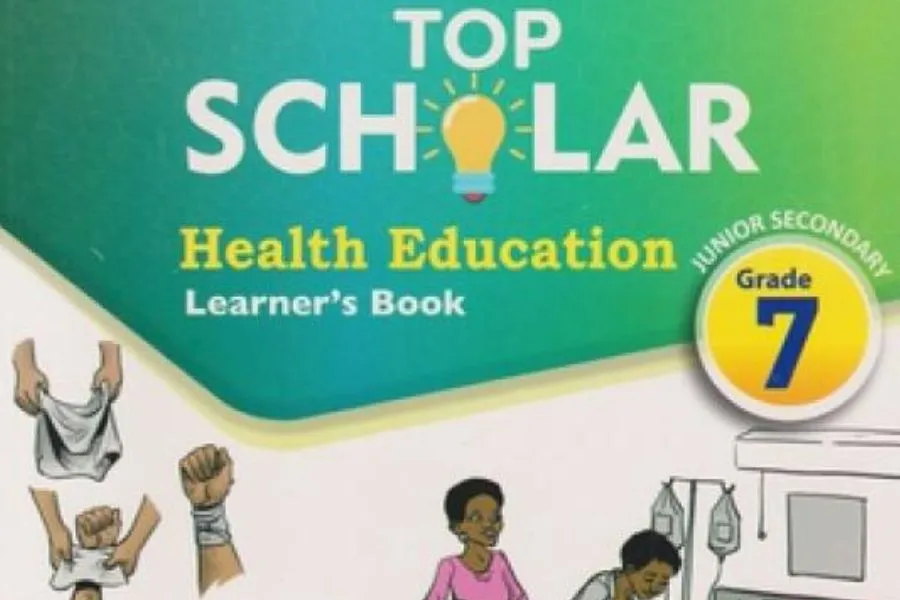They also urge CS Machogu to “implement stricter guidelines and quality control measures to prevent the publication and distribution of materials that may harm our children's development.”
They say children need to be protected “from exposure to such harmful content that may lead to confusion, emotional distress, and the premature sexualization of young minds.”
The presence of sexually explicit material in the book designed for Grade 7 pupils, the Catholic activists say, “is not only morally unacceptable but also detrimental to their overall development.”
In August, the Chairman of the Commission for Education and Religious Education (CERE) of the Kenya Conference of Catholic Bishops (KCCB) raised alarm over the circulation of books containing inappropriate content.
Bishop Paul Kariuki Njiru said the books including Top Scholar Health Education Grade 7 “not only sexualizes the learning environment for minors but will also be the biggest contributor to the high rates of teenage pregnancies and abortion.”
“This is attributable to its failure to establish abstinence as the expected standard for all children,” Bishop Kariuki said during the August 15 press conference at the beginning of the Catholic Schools' Principals Association (CaSPA) conference.
Earlier, in 2019, Bishop Kariuki questioned the proposal to include “Blood Ties” among textbooks grade six pupils in Kenya were to report to school with. The book, whose screenshot was shared online 18 September 2019 elicited heated debate in Kenya, many questioning the kind of content school children in Kenya were being exposed to and the process of approving the same.
“It is very important that the schools only follow only the recommended books by the Kenya Institute of Curriculum Development (KICD),” Bishop Kariuki weighed in on the controversial text book, and added, “It is also important that the teachers peruse new books in a syllabus, look at the type of content in there and they also give their own point of view whether that book is appropriate in terms of age.”
The then CEO of the Kenya Film and Classification Board (KFCB) also weighed in on the proposal to include “Blood Ties” in the Kenyan primary school syllabus.
In a 19 September 2019 Facebook post, Dr. Ezekiel Mutua blamed the matter on “cartels”, who he said were keen on compromising the morals of children in Kenya.








